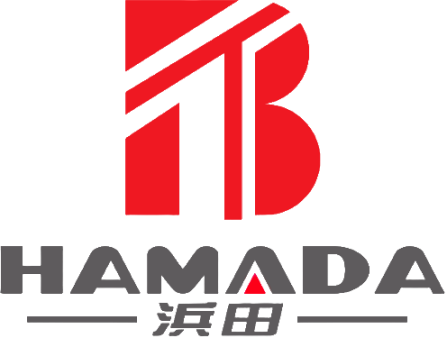What does a gear box do
What does a gear box do
gear box
Gear boxes play a crucial role in various mechanical devices and systems, ensuring smooth and efficient operation. But what exactly does a gear box do? Let's delve into the world of gears and explore the functions and importance of gear boxes in modern technology.
A gear box is a mechanical device designed to increase torque, reduce speed, or change the direction of rotation from a power source to another device. It consists of a series of gears arranged in a specific configuration, typically enclosed in a container or housing.
One of the primary functions of a gear box is to multiply the input torque. By using a gear ratio, the gear box can increase the torque output while reducing the speed of the rotating shaft. This is particularly useful in applications where high torque is required, such as in vehicles, industrial machinery, and wind turbines.
Additionally, a gear box can change the direction of rotation. This is achieved by using a combination of gears, such as spur gears, helical gears, or bevel gears, which can transmit power at different angles and change the rotation direction as needed.
Another important function of a gear box is to protect the motor or power source from damage. By using a gear reducer, the gear box can limit the maximum speed of the output shaft, preventing the motor from exceeding its safe operating limits. This is especially crucial in applications where precise control and overload protection are essential.
Furthermore, a gear box can also help in achieving smoother operation and reducing vibrations. By using a combination of gears with different teeth sizes and shapes, the gear box can distribute the load more evenly, resulting in smoother power transmission and reduced wear on the gears.
In addition to these functions, gear boxes can also be customized to suit specific application requirements. For example, they can be designed to operate in harsh environments, withstand high temperatures, or provide a specific gear ratio for optimal performance.
Overall, gear boxes are essential components in various mechanical devices and systems, enabling efficient power transmission, increased torque, and precise control. Whether it's in vehicles, industrial machinery, or renewable energy systems, gear boxes play a vital role in ensuring smooth and reliable operation.
As technology continues to advance, the importance of gear boxes is only expected to grow. With ongoing research and development, gear boxes are becoming more efficient, durable, and versatile, paving the way for innovative solutions in various industries.
 English
English Español
Español Português
Português русский
русский français
français 日本語
日本語 Deutsch
Deutsch Tiếng Việt
Tiếng Việt Italiano
Italiano Nederlands
Nederlands ไทย
ไทย Polski
Polski 한국어
한국어 Svenska
Svenska magyar
magyar Malay
Malay বাংলা
বাংলা Dansk
Dansk Suomi
Suomi हिन्दी
हिन्दी Pilipino
Pilipino Türk
Türk Gaeilge
Gaeilge عربى
عربى Indonesia
Indonesia norsk
norsk اردو
اردو čeština
čeština Ελληνικά
Ελληνικά Українська
Українська Javanese
Javanese فارسی
فارسی தமிழ்
தமிழ் తెలుగు
తెలుగు नेपाली
नेपाली Burmese
Burmese български
български ລາວ
ລາວ Latine
Latine Қазақ
Қазақ Euskal
Euskal Azərbaycan
Azərbaycan slovenský
slovenský Македонски
Македонски Lietuvos
Lietuvos Eesti Keel
Eesti Keel Română
Română Slovenski
Slovenski मराठी
मराठी Српски
Српски
Application and Exhibition of Harmonic's HMA Motors in Semiconductor Cleaning Equipment
Harmonic's HMA motors, with their superior performance, have become indispensable precision power sources in semiconductor cleaning equipment. During the cleaning and drying process, HMA motors (such as the HMAB12) deliver stable output speeds up to 4800 rpm, ensuring uniform drying of wafers during high-speed rotation and preventing residual droplets from impacting subsequent processes.
Read MoreAnalysis of Harmonic Drive Harmonic Drive Gearbox Applications in the Global Semiconductor Cleaning Equipment Market
In the semiconductor manufacturing industry, cleaning equipment, as a critical link in wafer processing, places extremely stringent requirements on the precision and reliability of its transmission systems.
Read MoreHigh-Precision Applications of Harmonic Drive Harmonic Gear Reducers in Semiconductor Polishing Equipment
In the front-end processes of semiconductor manufacturing, chemical mechanical planarization (CMP) polishing equipment places extremely stringent requirements on the precision and reliability of transmission components.
Read More